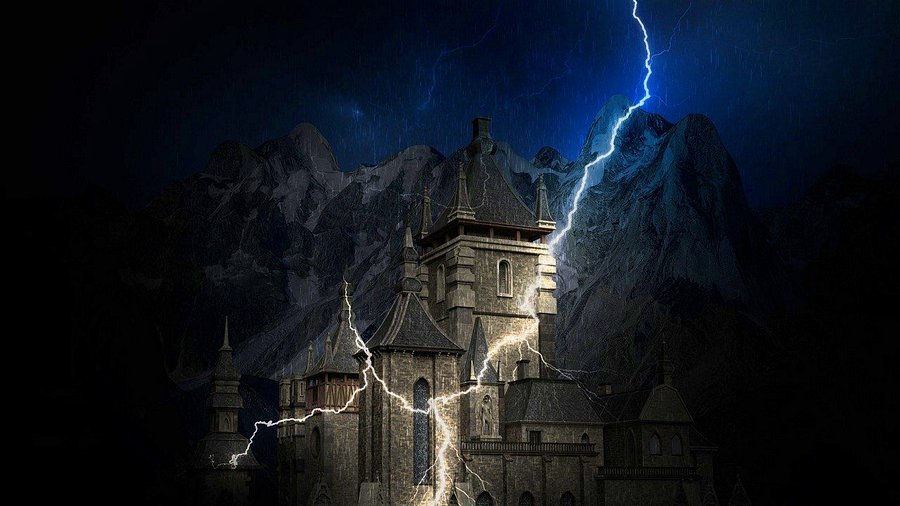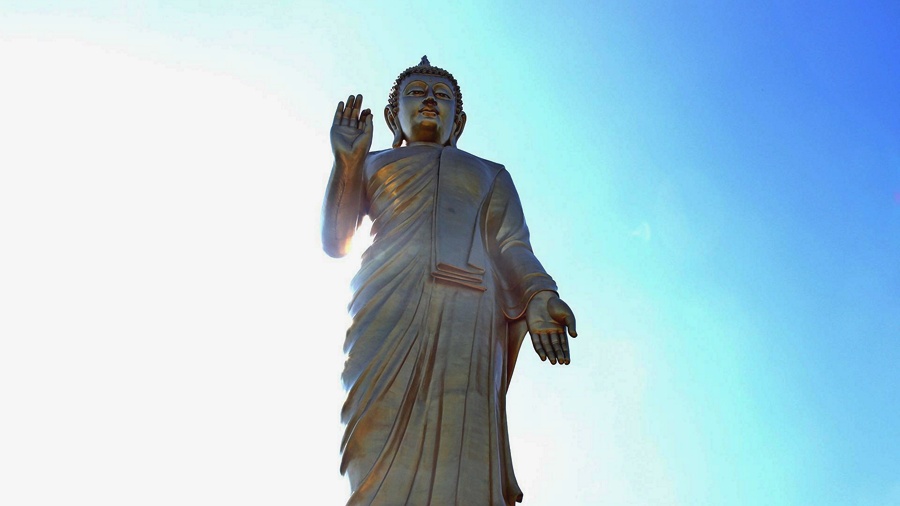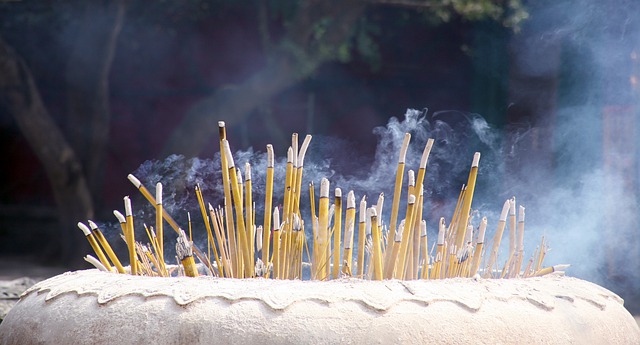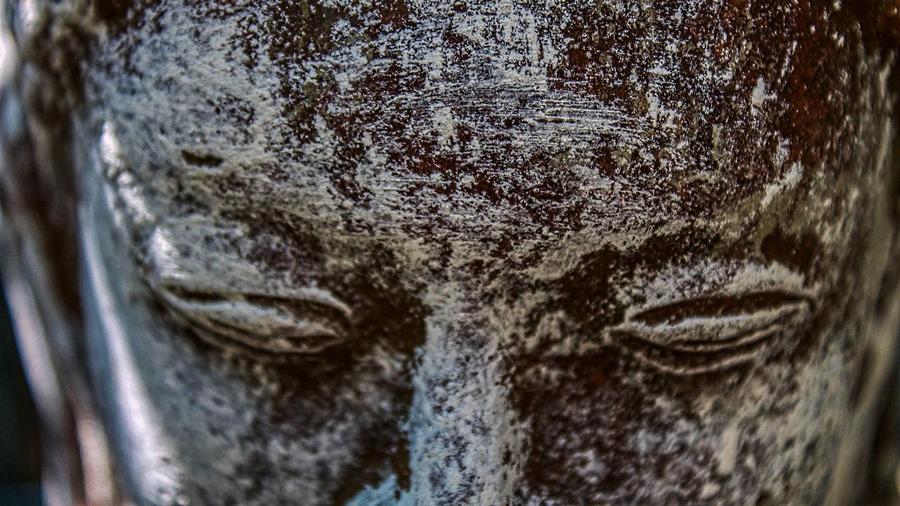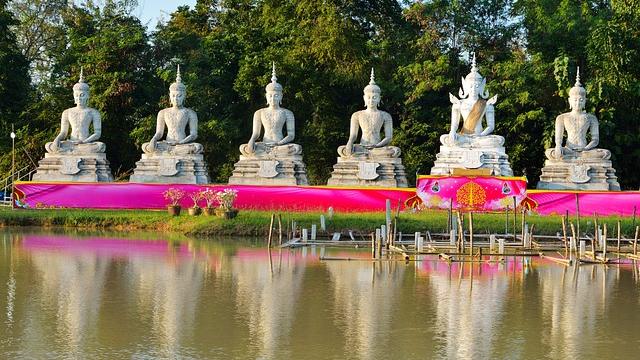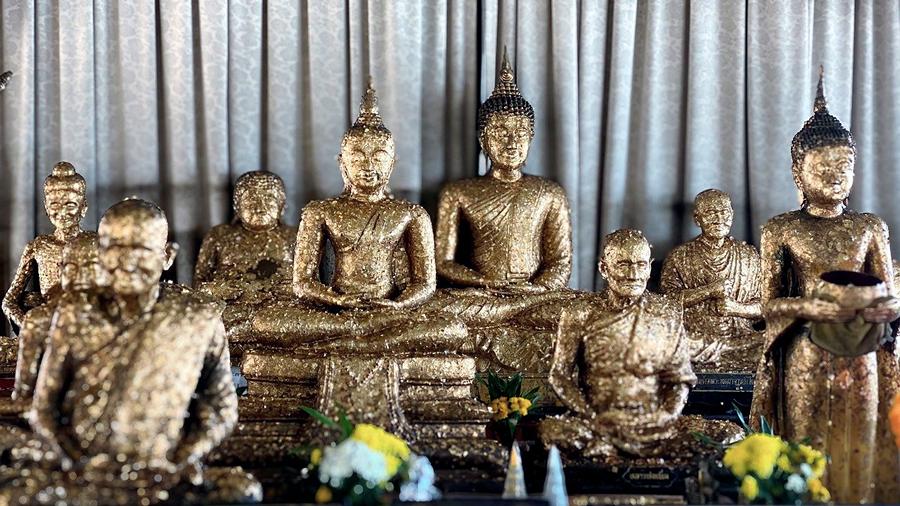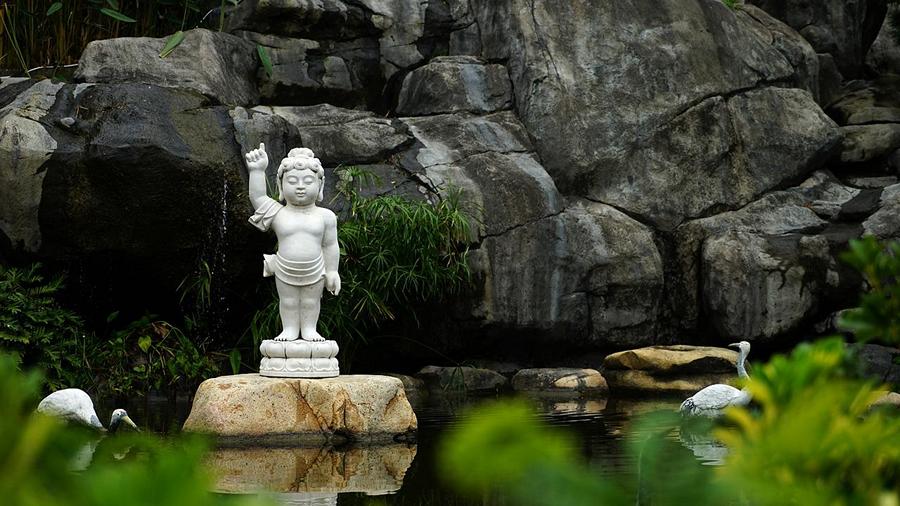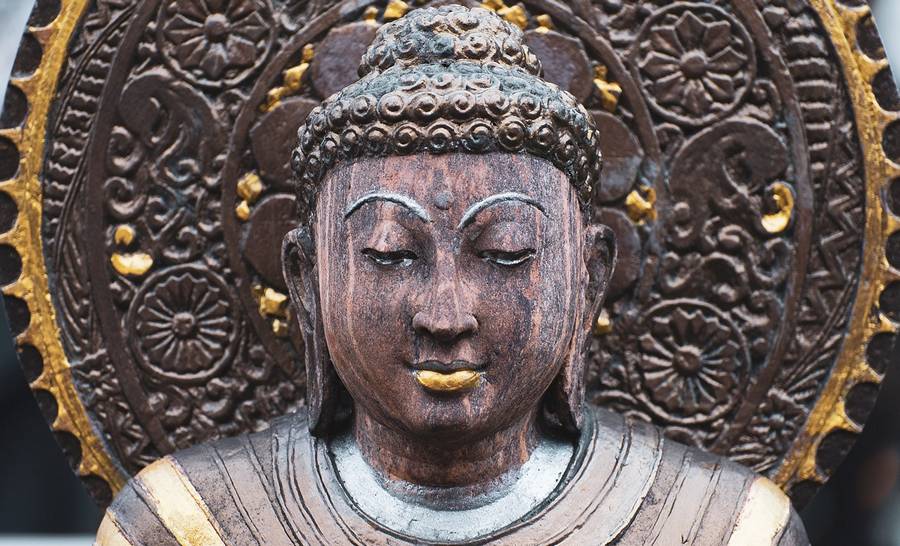Asita the seer, in his mid-day meditation,
saw the Group of Thirty—
Sakka the king, and devas dressed in pure white
exultant, ecstatic—
holding up banners, cheering wildly,
& on seeing the devas so joyful & happy,
having paid his respects, he said:
“Why is the deva community
so wildly elated?
Why are they holding up banners
& waving them around?
Even after the war with the Asuras
—when victory was the devas’,
the Asuras defeated—
even then there was nothing hair-raising like this.
Seeing what marvel
are the devas so joyful?
They whistle,
they sing,
play music,
clap their hands,
dance.
So I ask you, who live on Mount Meru’s summit.
Please dispel my doubt quickly, dear sirs.”
“The Bodhisatta, the foremost jewel,
unequaled,
has been born for welfare & happiness
in the human world,
in a town in the Sakyan countryside,
Lumbini.
That’s why we’re contented, so wildly elated.
He, the highest of all beings,
the ultimate person,
a bull among men, highest of all people,
will set turning the Wheel [of Dhamma]
in the forest named after the seers,
like a strong, roaring lion,
the conqueror of beasts.”
Hearing these words,
Asita quickly descended [from heaven]
and went to Suddhodana’s dwelling.
There, taking a seat, he said to the Sakyans:
“Where is the prince?
I, too, want to see him.”
The Sakyans then showed
to the seer named Asita
their son, the prince,
like gold aglow,
burnished by a most skillful smith
in the mouth of the furnace,
blazing with glory, flawless in color.
On seeing the prince blazing like flame,
pure like the bull of the stars
going across the sky
—the burning sun,
released from the clouds of autumn—
he was exultant, filled with abundant rapture.
The devas held in the sky
a many-spoked sunshade
of a thousand circles.
Gold-handled whisks
waved up & down,
but those holding the whisks & the sunshade
couldn’t be seen.
The coiled-haired seer
named Dark Splendor,
seeing the boy, like an ornament of gold
on the red woolen blanket,
a white sunshade held over his head,
received him, joyful in mind & pleased.
And on receiving the bull of the Sakyans,
longingly, the master of mantras & signs
exclaimed with a confident mind:
“This one is unsurpassed,
the highest of the biped race.”
Then, foreseeing his own imminent departure,
he, dejected, shed tears.
On seeing him weeping,
the Sakyans asked:
“But surely there will be
no danger for the prince?”
On seeing the Sakyans’ concern
he replied, “I foresee for the prince
no harm.
Nor will there be any danger for him.
This one’s not insignificant: Be assured.
This prince will touch
the ultimate self-awakening.
He, seeing the utmost purity,
will set rolling the Wheel of Dhamma
through sympathy for the welfare of many.
His holy life will spread far & wide.
But as for me,
my life here has no long remainder.
My death will take place before then.
I won’t get to hear
the Dhamma of this one with the peerless role.
That’s why I’m stricken,
afflicted, & pained.”
He, having brought the Sakyans
abundant rapture,
the follower of the holy life
left the inner chamber and,
out of sympathy for his nephew,
urged him on toward the Dhamma
of the one with the peerless role:
“When you hear from another the word,
‘Awakened One,’
or ‘Attaining self-awakening,
he lays open the path of the Dhamma,’
go there and, asking him yourself,
follow the holy life
under that Blessed One.”
Instructed by the one
whose mind was set on his benefit,
Such,
seeing in the future the utmost purity,
Nālaka, who had laid up a store of merit,
awaited the Victor expectantly,
guarding his senses.
On hearing word of the Victor’s
turning of the foremost wheel,
he went, he saw
the bull among seers. Confident,
he asked the foremost sage
about the utmost sagacity,
now that Asita’s forecast
had come to pass.
Nālaka:
“Now that I know
Asita’s words to be true,
I ask you, Gotama,
you who have gone
to the beyond of all dhammas.
I’m intent on the homeless life;
I long for the almsround.
Tell me sage, when asked,
the highest state of sagacity.”
The Buddha:
“I’ll teach you
a sagacity hard to do,
hard to master.
Come now, I’ll tell you.
Be steadfast. Be firm.
Practice even-mindedness,
for in a village
there’s praise & abuse.
Ward off any flaw in the heart.
Go about calmed & not haughty.
High & low things will come up
like fire-flames in a forest.
Women seduce a sage.
May they not seduce you.
Abstaining from sexual intercourse,
abandoning various sensual pleasures,
be unopposed, unattached,
to beings moving & still.
‘As I am, so are these.
As are these, so am I.’
Drawing the parallel to
yourself,
neither kill nor get others to kill.
Abandoning the wants & greed
where people run-of-the-mill are stuck,
practice with vision,
cross over this hell.
Stomach not full,
moderate in food,
modest,
not being greedy,
always not hungering for wants:
One without hunger
is one who’s unbound.
Having gone on his almsround, the sage
should then go to the forest,
approaching the root of a tree,
taking a seat.
The enlightened one, intent on jhāna,
should find delight in the forest,
should practice jhāna at the foot of a tree,
attaining his own satisfaction.
Then, at the end of the night,
he should go to the village,
not delighting in an invitation
or gift from the village.
Having gone to the village,
the sage should not go
forcing his way among families.
Cutting off chatter,
he shouldn’t utter a scheming word.
‘I got something,
that’s fine.
I got nothing,
that, too, is good.’
Being such with regard to both,
he returns to the very same tree.
Wandering with his bowl in hand
—not dumb,
but seemingly dumb—
he shouldn’t despise a piddling gift
nor disparage the giver.
High & low are the practices
proclaimed by the contemplative.
They don’t go twice to the further shore.
This [unbinding] isn’t sensed only once.
In one who has no attachment—
the monk who has cut the stream,
abandoning what is
& isn’t a duty—
no fever is found.
I’ll teach you
sagacity:Be like a razor’s edge.
Pressing tongue against palate,
restrain your stomach.
Neither be lazy in mind,
nor have many thoughts.
Be free of raw stench,
independent,
having the holy life as your aim.
Train in solitude
& the contemplative’s task,
Solitude
is called
sagacity.
Alone, you truly delight
& shine in the ten directions.
On hearing the fame of the enlightened
—those who practice jhāna,
relinquishing sensuality—
my disciple should foster
all the more
shame & conviction.
Know from the rivers
in clefts & in crevices:
Those in small channels flow
noisily,
the great
flow silent.
Whatever’s deficient
makes noise.
Whatever is full
is quiet.
The fool is like a half-empty pot;
one who is wise, a full lake.
A contemplative who speaks a great deal
endowed with meaning:
Knowing, he teaches the Dhamma;
knowing, he speaks a great deal.
But he who,
knowing, is restrained,
knowing, doesn’t speak a great deal:
He is a sage
worthy of sagehood.
He is a sage,
his sagehood attained.”
Read this translation of Sn 3.11 Nālaka by Bhikkhu Ṭhanissaro on DhammaTalks.org. Or read a different translation on SuttaCentral.net. Or listen on SC-Voice.net. Or explore the Pali on DigitalPaliReader.online.
Or read a translation in Deutsch, Afrikaans, Français, Bahasa Indonesia, Italiano, 日本語, မြန်မာဘာသာ, Nederlands, Norsk, Português, Русский, සිංහල, or தமிழ். Learn how to find your language.

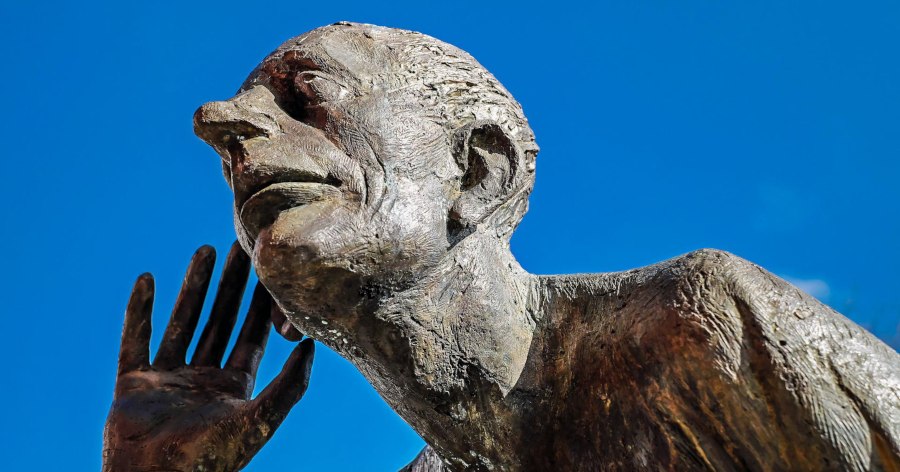
 Copyright: Creative Commons Zero (CC0) To the extent possible under law, Bhikkhu Sujato has waived all copyright and related or neighboring rights to his own translations on
Copyright: Creative Commons Zero (CC0) To the extent possible under law, Bhikkhu Sujato has waived all copyright and related or neighboring rights to his own translations on 
 All translations on this site by Bhikkhu Bodhi are licensed under a Creative Commons Attribution-NonCommercial-NoDerivs 3.0 Unported License.
Bhikkhu Bodhi, The Middle Length Discourses of the Buddha (Wisdom Publications, 2009), The Connected Discourses of the Buddha (Wisdom Publications, 2000), The Numerical Discourses of the Buddha (Wisdom Publications, 2012).
All translations on this site by Bhikkhu Bodhi are licensed under a Creative Commons Attribution-NonCommercial-NoDerivs 3.0 Unported License.
Bhikkhu Bodhi, The Middle Length Discourses of the Buddha (Wisdom Publications, 2009), The Connected Discourses of the Buddha (Wisdom Publications, 2000), The Numerical Discourses of the Buddha (Wisdom Publications, 2012).
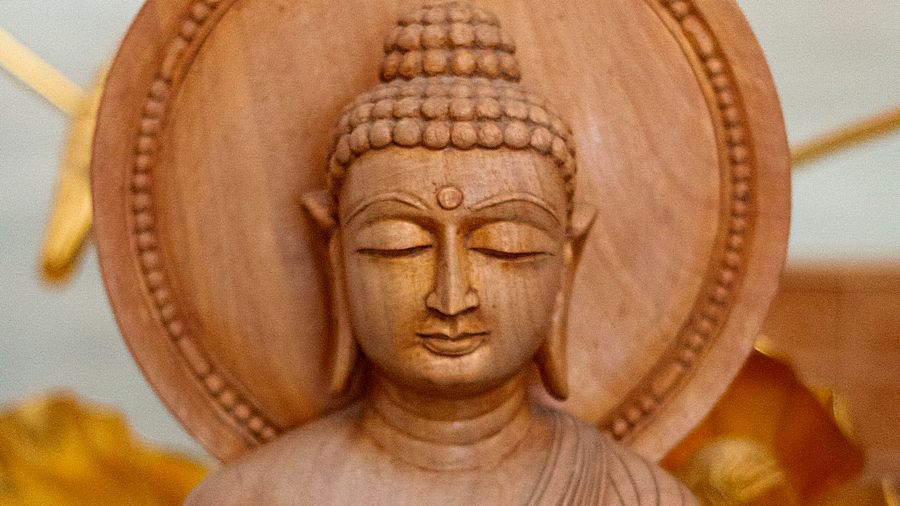

 Translations by Bhikkhu Ṭhanissaro are released under the Creative Commons Attribution-NonCommercial 4.0 Unported License. The author considers any sale, including by non-profit entities for non-profit purposes, to be ‘Commercial’ and a copyright violation. To view a copy of this license, visit the
Translations by Bhikkhu Ṭhanissaro are released under the Creative Commons Attribution-NonCommercial 4.0 Unported License. The author considers any sale, including by non-profit entities for non-profit purposes, to be ‘Commercial’ and a copyright violation. To view a copy of this license, visit the 






 All translations by Ānandajoti Bhikkhu are subject to the
All translations by Ānandajoti Bhikkhu are subject to the 




